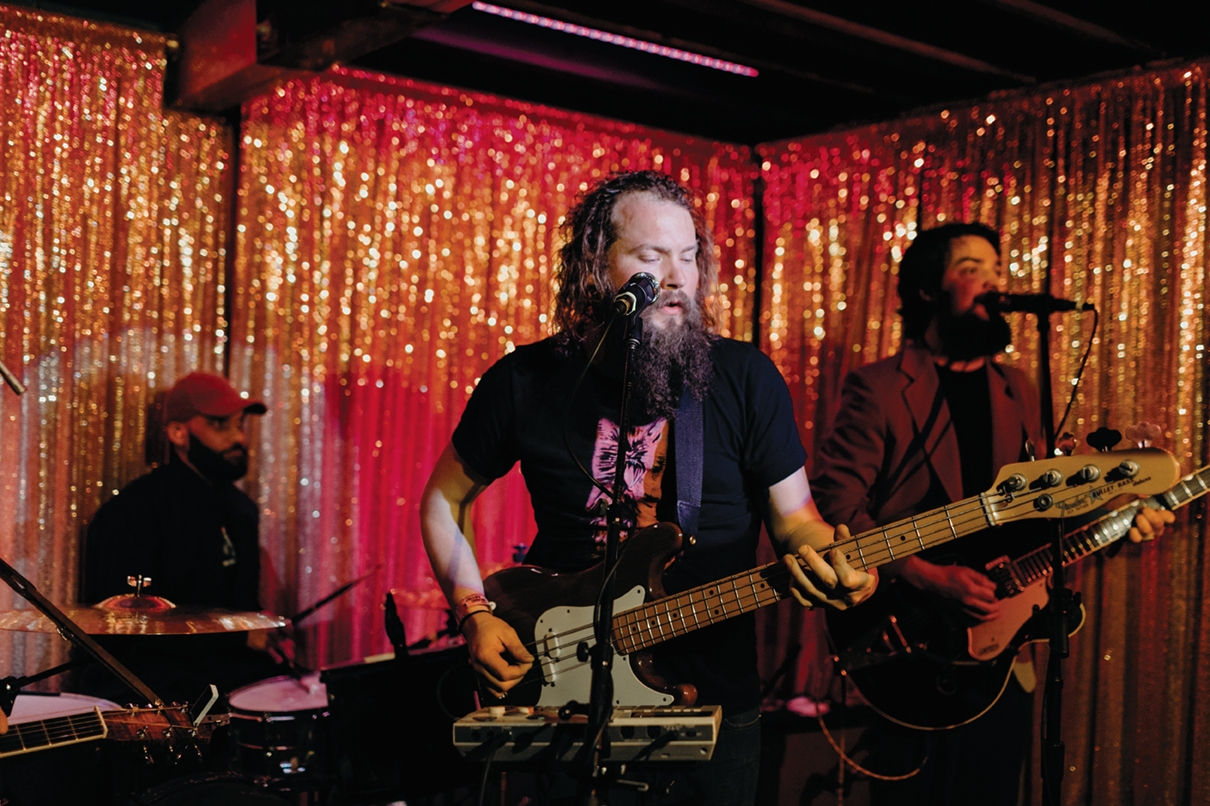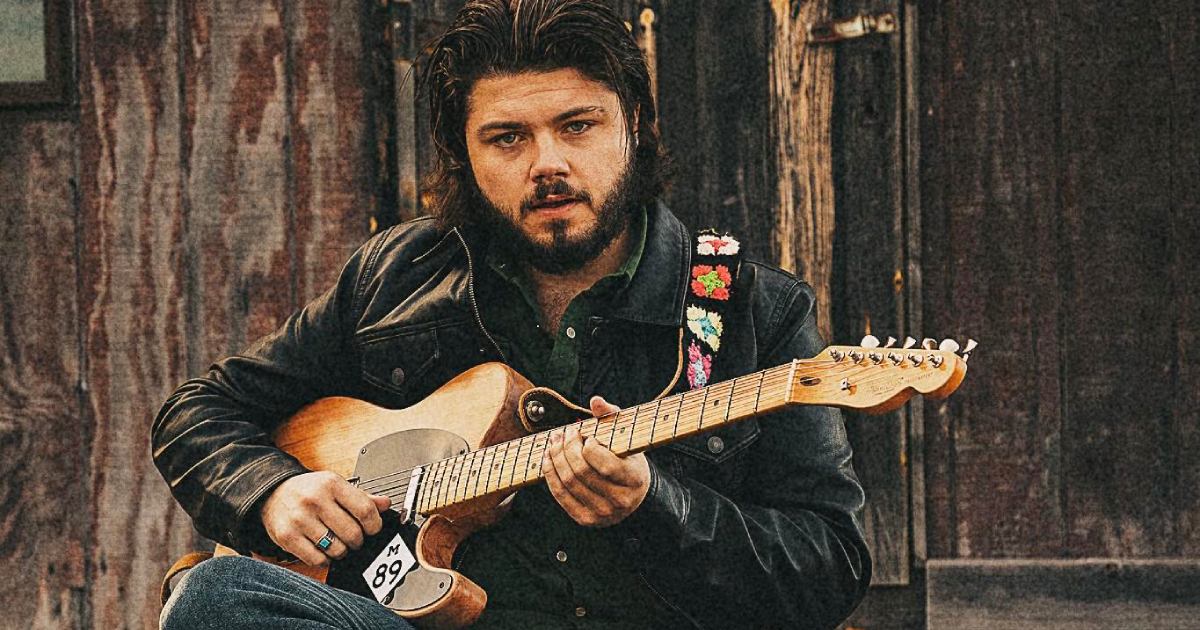Reputation has it that if artists are not living in New York, Nashville or L.A., they’ll have a difficult time “making it” to a national platform. Ted Velie is rewriting that narrative as one of three co-founders of Michigan House, a pop-up event space for Michigan artists.
Velie left Michigan after college, heading to New York and Colorado for work and schooling, but ultimately came back to West Michigan. His return to the area made him realize the benefits of being a creator in the Midwest.
“You can see the biggest bands in the world in New York and L.A., every night, all the time. What’s very different in Michigan is that there are crazy talented people here as well, but they’re actually molding and creating the whole scene,” Velie said.
After he adjusted back to life in the Midwest, Michigan House was born. Motivated by the talent in Michigan and his out-of-state experiences, Velie — alongside co-founders Peter Jacob and Jamie Kirby — wanted to reshape the stories he’d heard about being a creative in the area.
He described Michigan House as “an experiential embassy.”
“We basically try and pick up all of the cool energy that we see around the state and put it down in different places,” Velie said. “We do that by connecting with as many amazing people, companies and artists as we can and letting them do their thing. We just provide a stage.”
One of the biggest stages Michigan House provides is for musicians at South by Southwest, one of the world’s largest annual music festivals in Austin. The team takes a crew of local artists to work and perform at the event every year.
“Our first year at South by Southwest was literally a backyard BBQ,” Velie said. “We rented a house, moved all the stuff out of the house, moved all our stuff in, and we turned the kitchen into a recording studio. We had, over the course of four days, 14 Michigan bands play there.
“It was nuts. I still don’t know how we survived that first year, but it was magic.”
Through global platforms like SXSW, Michigan House is succeeding to rewrite the Michigan arts scene’s story on a nationwide level.
“The original goal was to change the narrative around what’s going on in Michigan. Let’s change people’s idea of what’s possible in Michigan,” he said. “There are people who don’t think Michigan is ready for prime-time.”
Doubt is one of the main challenges Velie has faced since beginning the project. Despite some of the pushback the team has encountered, they have big goals for what’s next. In the short term, Velie wants to create a full-scale Michigan House event within the state that mimics the size of what the team does in Austin at SXSW.
In the long term, he said, “I’d actually love to have physical space for Michigan House that exists all the time, that is one part business incubator, one part artist residency and one part cultural clubhouse. (A place) where people can go, know they’re going to run into other people who want to do cool and exciting things, and have pride in this place that we’re from.”
Simple collaboration is the power of the project’s mission.
“At Michigan House, we’re really trying to create space for that authentic connection to happen,” Velie said. “Michigan is an incredibly diverse state with so many different kinds of people and places and even cultures. There’s real power if we can find ways to stack those up and find the beauty in where they line up.”
West Michiganders can get involved with Michigan House by attending events, which can be found on the project’s social media sites. Artists and entrepreneurs interested in going to South by Southwest can get in touch with Michigan House through their events and social media as well.
Aside from attending events and connecting online, Velie suggests everyone let him know about any artists, musicians or entrepreneurs Michigan House should be showing off.
“We’re just trying to create this big narrative, this story, and we really want Michigan House to look like Michigan looks. We want it to be this diverse space,” he said.
It all comes back to shaping the story of Michigan’s artistic community and its greater, global narrative. Michigan House knows that when artists collaborate with one another in all areas of the state, there’s a lot to write on the walls of national stages.
“People are interested in the things happening here,” Velie said. “When we collaborate, we have a pretty compelling story to tell.”





